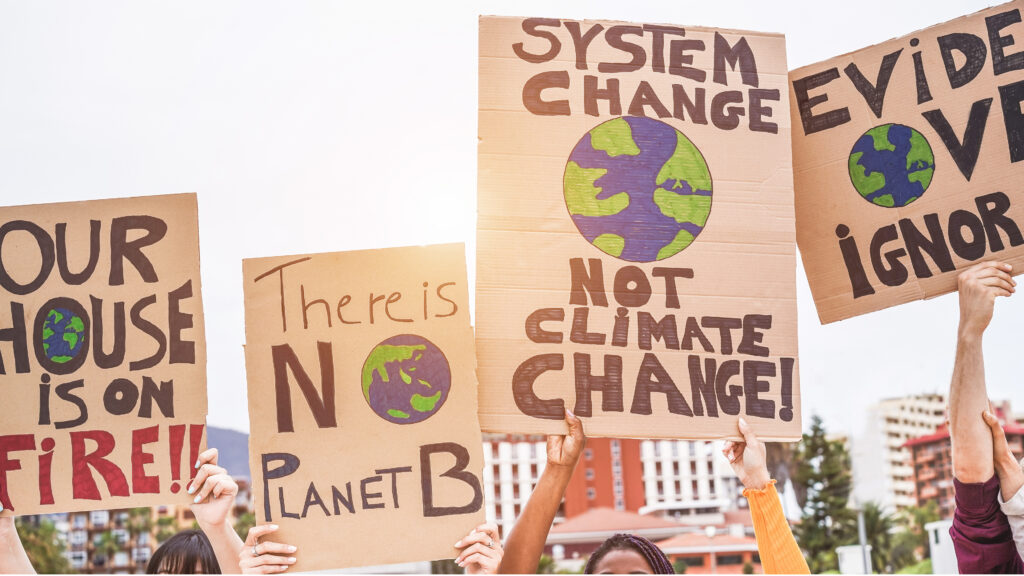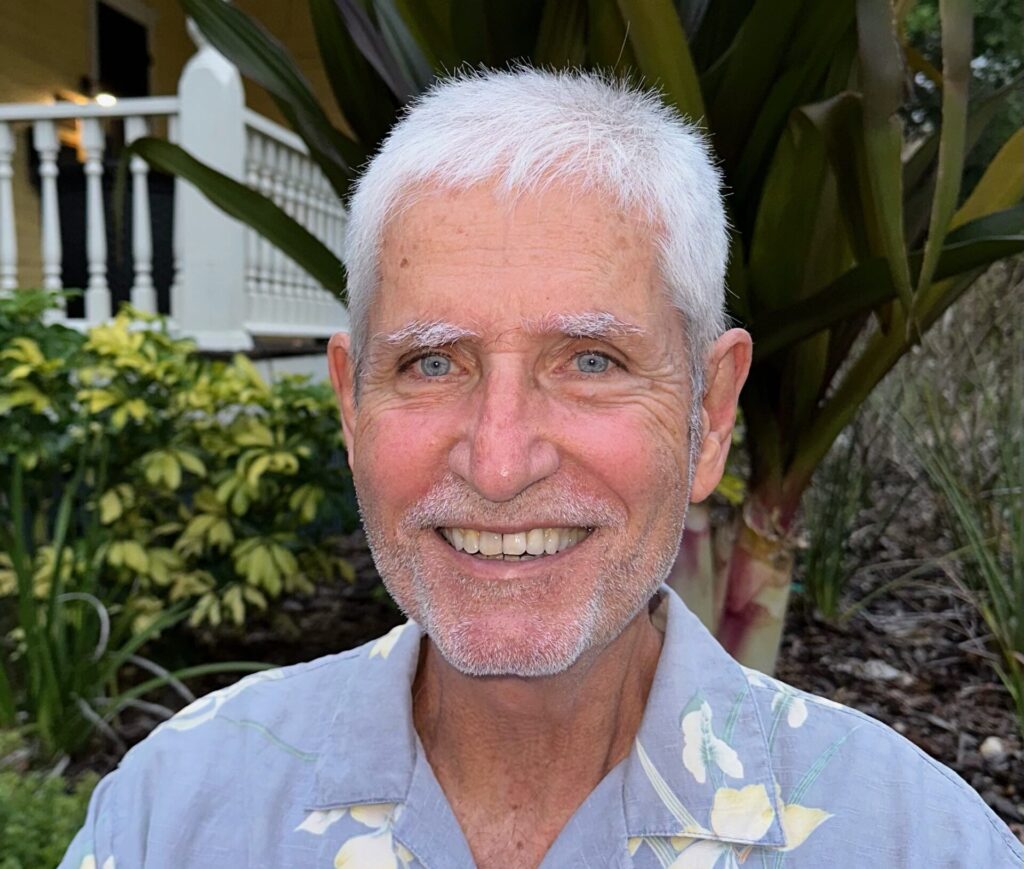By Jeff Dorian, Orlando Citizens’ Climate Lobby
If you’re like me, you were reminded at a young age to be considerate to others. You were probably praised at times for a thoughtful act or gesture by adults for sharing or lending a hand to a sibling or friend.
As we grow up, the competition to excel and thrive competes with these values. Sharing is hard. It requires us to give up something, or access to something, like food or toys or maybe tools as we grow older. We realize there’s a limit to what’s available and want to grab what we can while we can.
A wicked example of the difficulties that competition can cause is known in economics as the tragedy of the commons. The commons are areas that nobody in particular owns or has claims to. Goods in common areas such as seafood or potable water can be exploited for profit by a growing population until the point when the good is no longer viable.

As there is free and open access to common areas, lack of consideration for equitable and conservative use of them leads to abuse, overuse, and degradation. Ever-expanding markets drive this abuse.
Government has a long, often conflictual responsibility for the commons. Thoughtful, conservative policy balances conservation with consideration for those economically affected. Policies that protect our commons from waste and overuse can also serve growth and the free market. Clean rivers support sport and commercial fisheries as well as drinking water and recreational use.
In my 60 years of living in Florida, I’ve witnessed the emergence of a growing menace to our safety and prosperity. The tragedy of the commons applies to this menace. Our dirty machines, manufacturing and energy production in the last century have saturated the atmosphere with harmful chemical and carbon pollution. We’ve been able to use the air as a free dump.
In 2023, the U.S. experienced 28 billion-dollar natural disasters, a significant increase from only five such events in 1993, highlighting the escalating impacts of a warming planet. Concern for my daughters’ prosperity and Florida’s future requires me to act.
Surveys repeated by Florida Atlantic University over the past four years show the majority of Floridians believe in climate change and want government action. One hypothesis suggested to explain this finding is that recent personal experiences with weather events increase support for addressing climate change, regardless of party affiliation. With early reports that the odds are growing for a busy hurricane season, let’s hope it doesn’t take a cataclysmic year of hurricane destruction to get effective policy support.
Many of us deserve kudos for making wise lifestyle changes toward cleaning up our common atmosphere. Consider the contribution we can have as individuals to the impact we can make through politics.

The thing that can really change course is policy at the national and international level. You can easily learn how to do this. Work with an organization that channels public support for policies to protect our clean air. You might be surprised there are several national conservative organizations that do that, which you can search for online. Might you have an hour a month to contribute?
My hope this Easter/Passover/Ramadan season is for those reading this to consider a fresh perspective on cooperating with climate adversaries, whether elected leaders or neighbors. Write or call to support your elected leaders who reach across the aisle for common ground to tackle climate change.
We have the solutions – what we need is political will. You and I are the ones to provide that. If you’re like me, you want your efforts to have an impact.
The U.S. Congress is able to enact big, national policy and is now struggling to find a balance between extremes on climate legislation. To contact your representative in Congress, go to House.gov. Tell them you support campaigns for a cleaner, safer, healthier America.
Jeff Dorian is co-leader of the Orlando chapter of Citizens’ Climate Lobby.
If you are interested in submitting an opinion piece to The Invading Sea, email Editor Nathan Crabbe at ncrabbe@fau.edu. Sign up for The Invading Sea newsletter by visiting here.



